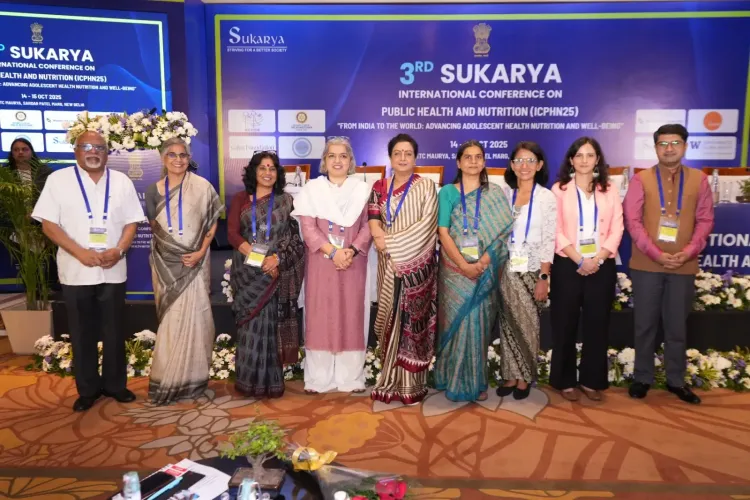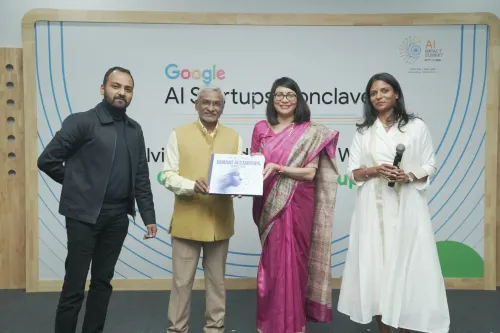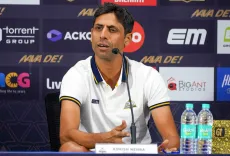Can boosting health literacy and self-care in youth prevent early onset of NCDs in India?

Synopsis
Key Takeaways
- Health literacy is essential for preventing NCDs in youth.
- Self-care practices can empower adolescents to take charge of their health.
- Schools should be leveraged as key venues for health education.
- Policy implementation is crucial for effective health programs.
- Engagement with adolescents is vital for long-term health improvements.
New Delhi, Oct 14 (NationPress) Cultivating a culture of health literacy and self-care among the youth could potentially avert the early onset of non-communicable diseases such as diabetes, hypertension, obesity, and cancers in India, according to public health specialists during a discussion on Tuesday.
The specialists addressed attendees at the third International Conference on Public Health and Nutrition (ICPHN 2025), organized by the non-profit organization Sukarya.
Dr. Zoya Ali Rizvi, Deputy Commissioner for Nutrition and Adolescent Health at the Ministry of Health & Family Welfare, emphasized the national initiative’s commitment to preventive healthcare and behavioral transformation.
"We are experiencing a significant transformation. Our focus is not solely on treating diseases but on preventing the early emergence of non-communicable diseases by fostering a culture of health literacy and self-care among young individuals,” Rizvi stated.
“Our goal is to engage every state and every adolescent with programs that promote health ownership rather than just prescribing solutions," she further explained.
In an interview with IANS, Meera Satpathy, Founder & Chairperson of Sukarya, revealed that the conference is dedicated to addressing “adolescent health,” which encompasses physical health, mental health, nutrition, and behavioral issues.
Referring to adolescents as "the most significant force in India,” Satpathy highlighted the importance of prioritizing their health from an early age.
“Kishore and Kishoriyan face numerous challenges. It is crucial to care for them while they are young. Neglecting their health can lead to lifelong burdens. We aspire for a healthy and robust India,” she conveyed to IANS.
Bonita Sharma, Co-founder & CEO of Social Changemakers and Innovators (SOCHAI), Kathmandu, Nepal, discussed the necessity of advocating for balanced nutrition.
"Young individuals in developing nations are currently facing the triple burden of malnutrition: being underweight, overweight, and obese. Additionally, the prevalence of anaemia, often referred to as hidden hunger or micronutrient deficiency, is concerning,” Sharma explained.
“A primary solution highlighted has been leveraging schools as a gateway to establish a solid foundation for the health and well-being of adolescents,” she added, stressing the importance of addressing the implementation gaps in existing policies.
“While numerous commendable policies and programs exist, significant challenges arise during their actual implementation. Establishing a robust monitoring system has also been a topic of discussion,” Sharma concluded.










